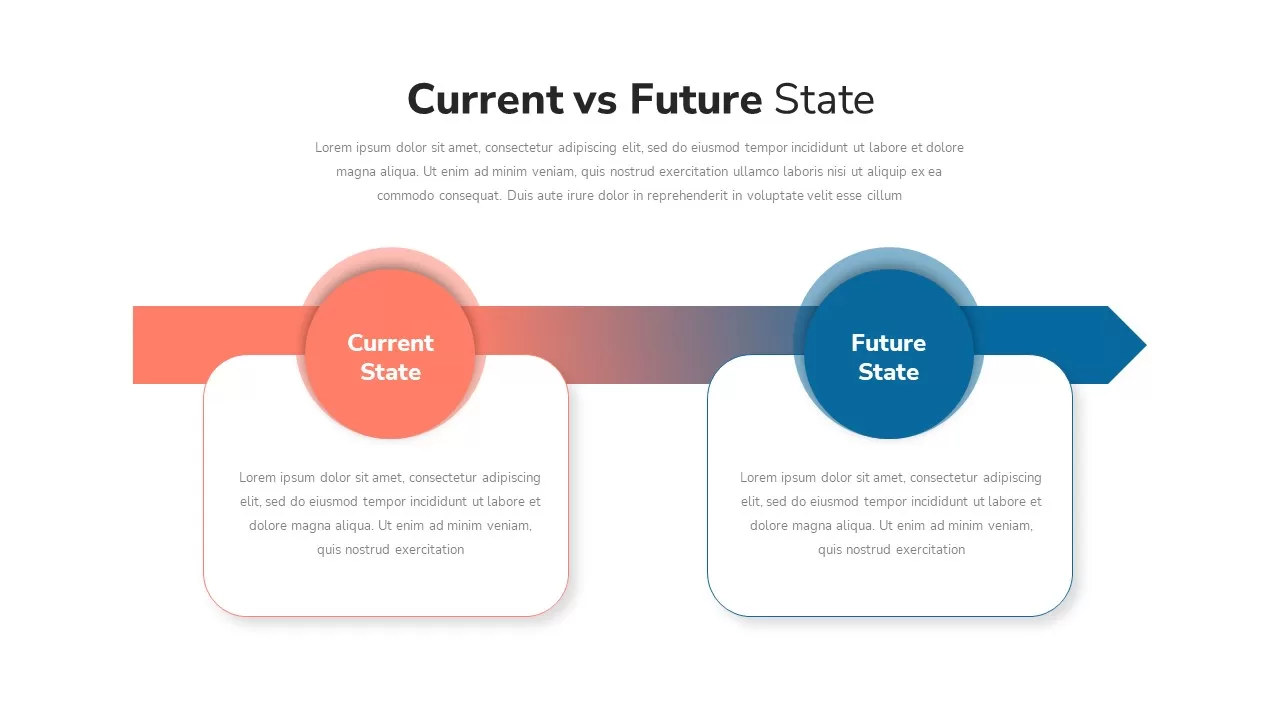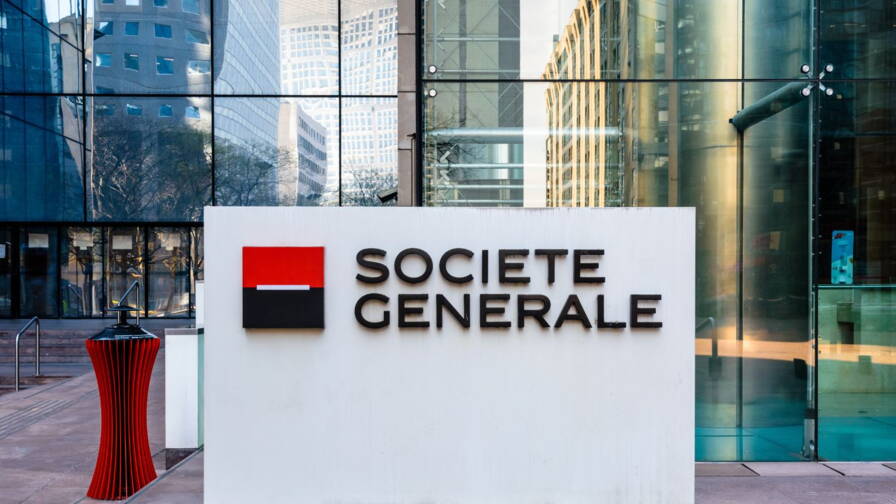The Impact Of Tariffs On IPOs: Current State And Future Outlook

Table of Contents
The imposition of tariffs, a significant tool in international trade policy, has far-reaching consequences that extend beyond simple import and export costs. This article analyzes the multifaceted impact of tariffs on Initial Public Offerings (IPOs), examining current market trends and offering a perspective on future implications for businesses considering going public. We will explore how tariffs affect company valuations, investor sentiment, and the overall IPO process. Understanding this complex interplay is crucial for companies aiming for a successful IPO in today's globalized, yet often volatile, market.
The Direct Impact of Tariffs on IPO Valuation
Increased Input Costs & Reduced Profit Margins
Tariffs directly increase the cost of imported raw materials and components, squeezing profit margins for businesses across various sectors. This is particularly true for companies heavily reliant on global supply chains. For example, manufacturers of electronics often source components from multiple countries, and tariffs on these components directly translate to higher production costs. This reduction in profitability directly impacts a company's valuation, making it less attractive to potential investors during the IPO process. A lower profit margin inevitably leads to a lower price-to-earnings (P/E) ratio, a key metric used in IPO valuation.
- Examples of industries heavily impacted: Manufacturing (especially automotive and electronics), apparel, agriculture, and technology companies reliant on foreign semiconductors or other components.
- Quantification of impact: A 10% tariff on imported components could easily translate to a 3-5% reduction in profit margin, depending on the company's supply chain structure and pricing power. This reduction can significantly impact the projected future earnings, a major factor in IPO valuation.
Supply Chain Disruptions and Volatility
Tariffs can lead to supply chain disruptions, causing delays and uncertainty in production and delivery. This is due to increased lead times, logistical complexities, and the search for alternative, often more expensive, suppliers. This volatility makes accurate financial forecasting difficult, creating uncertainty for investors and potentially lowering the IPO valuation. Investors are risk-averse; unpredictable supply chains represent a significant risk that needs to be factored into the IPO pricing.
- Examples of supply chain bottlenecks due to tariffs: Delays in receiving crucial components, increased transportation costs due to rerouting goods, and difficulties in securing reliable alternative suppliers.
- Impact on inventory management: Companies may need to hold larger inventories to buffer against potential supply chain disruptions, increasing holding costs and tying up capital.
The Indirect Impact of Tariffs on IPOs
Investor Sentiment and Market Uncertainty
Trade wars and tariff disputes create significant uncertainty in the global market, impacting investor confidence. News of escalating tariffs often leads to increased market volatility and risk aversion. Negative investor sentiment can lead to a decrease in demand for IPOs, resulting in lower pricing and potentially failed offerings. Investors may postpone investments, waiting for clarity on the trade landscape.
- Examples of market downturns correlated with tariff announcements: Stock market corrections often follow announcements of new or increased tariffs, reflecting investor concern about the broader economic impact.
- Investor surveys indicating risk aversion: Surveys frequently show that investors become more cautious and less willing to invest in riskier assets, including IPOs, during periods of trade tension.
Geopolitical Risk and Regulatory Uncertainty
The imposition of tariffs often reflects broader geopolitical tensions, creating a climate of regulatory uncertainty for businesses. This unpredictability can discourage companies from pursuing IPOs, fearing the potential impact of future trade policies. The cost of navigating complex trade regulations and the risk of further tariffs can make the IPO process less attractive.
- Examples of countries imposing retaliatory tariffs: Countries often respond to tariffs imposed by other nations with retaliatory tariffs, creating a cycle of trade restrictions that negatively impacts global commerce.
- Increased compliance costs for businesses navigating trade restrictions: Businesses face increased costs associated with tracking tariffs, managing compliance requirements, and potentially adjusting their supply chains to avoid tariffs.
Strategies for Navigating Tariff Impacts on IPOs
Comprehensive Due Diligence and Risk Assessment
Thorough due diligence is crucial, including a detailed analysis of potential tariff impacts on the company's supply chain and financial performance. Risk assessment should identify potential vulnerabilities and develop mitigation strategies. This might involve diversifying sourcing, negotiating favorable contracts with suppliers, or developing alternative production strategies.
- Examples of due diligence steps: Supply chain mapping to identify vulnerable points, sensitivity analysis to assess the impact of various tariff scenarios on profitability, and stress testing financial models to evaluate resilience under different trade scenarios.
- Importance of scenario planning: Developing plans for different tariff scenarios (e.g., escalation of tariffs, de-escalation, status quo) allows businesses to adapt their strategies accordingly.
Transparency and Communication with Investors
Open and honest communication about the potential impact of tariffs on the company's business is essential to build investor trust. Transparency regarding risk management strategies can mitigate investor concerns. Proactive communication about how the company is addressing tariff challenges demonstrates competence and forward-thinking.
- Examples of effective communication strategies: Detailed disclosures in the IPO prospectus addressing potential tariff risks, investor presentations that clearly explain the company's strategy for managing tariff-related challenges, and proactive engagement with analysts and investors.
Conclusion
The impact of tariffs on IPOs is multifaceted and significant. From directly affecting valuation through increased costs and supply chain disruptions to indirectly impacting investor sentiment and creating market uncertainty, tariffs pose a considerable challenge for companies considering an Initial Public Offering. By conducting thorough due diligence, implementing robust risk management strategies, and communicating transparently with investors, businesses can better navigate these challenges and improve the likelihood of a successful IPO. Understanding the current state and future outlook of tariffs is critical for navigating the complex landscape of global trade and making informed decisions regarding your company's IPO strategy. Learn more about mitigating the impact of tariffs on your IPO by [link to relevant resource/service].

Featured Posts
-
 Kanye West And Bianca Censori Unclothed Photo Sparks Film Promotion Debate
May 14, 2025
Kanye West And Bianca Censori Unclothed Photo Sparks Film Promotion Debate
May 14, 2025 -
 Will Logan Paul Main Event Wrestle Mania Tommy Dreamer Weighs In
May 14, 2025
Will Logan Paul Main Event Wrestle Mania Tommy Dreamer Weighs In
May 14, 2025 -
 Snow White Birthday Party Spain Low Attendance And Social Media Reaction
May 14, 2025
Snow White Birthday Party Spain Low Attendance And Social Media Reaction
May 14, 2025 -
 R Sociedad Sevilla En Vivo La Liga Fecha 27
May 14, 2025
R Sociedad Sevilla En Vivo La Liga Fecha 27
May 14, 2025 -
 Nomme Directeur General Adjoint Le Nouveau Role D Alexis Kohler A La Societe Generale
May 14, 2025
Nomme Directeur General Adjoint Le Nouveau Role D Alexis Kohler A La Societe Generale
May 14, 2025
